The emerging reconciliation bill includes a provision to raise the statutory debt limit—the amount beyond which Treasury may not borrow--to $4 trillion. The Senate version of the budget calls for a $5 trillion increase to the $37.2 trillion federal debt limit. The House budget authorizes a $4 trillion debt limit increase.
2 min read
Debt Limit Sets “Real Deadline” for Reconciliation
By NAIFA on 5/15/25 11:06 AM
Topics: Legislation & Regulations Debt Congress
1 min read
Deficit Projections Could Complicate Tax Cuts Legislation
By NAIFA on 4/15/25 9:07 AM
On March 12, the Treasury Department announced that the federal deficit has grown to $1.15 trillion over the first five months (October through February) of Fiscal Year (FY) 2025. This is 17 percent higher than the deficit level at this time last year. According to the Treasury release, the deficit in February alone grew to $307 billion.
Topics: Taxes Debt
2 min read
Debt Limit Crisis Looms
By NAIFA on 4/15/25 9:05 AM
The U.S. government cannot borrow beyond a statutory limit (the “debt limit”), and when borrowing needs exceed the debt limit either Congress must raise (or suspend) it, or the U.S. will not be able to meet all its obligations on a timely basis. Such a failure to make timely payments would trigger worldwide economic catastrophe, putting at risk the “full faith and credit” of the U.S., economists say. The U.S. is currently at the statutory debt limit and is using certain accounting measures to avoid breaching the cap. Those accounting measures will be exhausted in the coming weeks, setting up a key legislative priority for Congress.
Topics: Debt Congress
2 min read
Donald Trump Wins Presidency
By NAIFA on 11/22/24 10:53 AM
Donald Trump’s victory was declared when, at just about 5:30 a.m. on Wednesday, November 6, the media projected he had won swing state Wisconsin, taking him over the 270-vote electoral college count needed to win the presidency.
Topics: Legislation & Regulations Taxes Debt Congress Presidency Federal Deficit
3 min read
GOP Will Control the Senate in the 119th Congress
By NAIFA on 11/22/24 10:52 AM
Republicans will control the Senate in the incoming 119th Congress (2025-2026). The GOP’s undisputed win of 53 of the Senate’s 100 seats means Democrats have lost control of the upper chamber in the 119th Congress.
Topics: Legislation & Regulations Long-Term Care Insurance Taxes Debt Congress
4 min read
Congress Punts Almost Everything to Lame Duck
By NAIFA on 10/15/24 10:57 AM
On September 26 President Biden signed into law the three-month funding bill that avoided a government shutdown on October 1. The continuing resolution (CR) extended fiscal year (FY) 2024 funding levels until December 20 and made few (none of them controversial) policy changes. So, the tough issues—e.g., FY 2025 funding levels, whether to block certain regulations (including the fiduciary rule)—were left to be resolved during the November-December lame duck session of the 118th Congress.
Topics: Legislation & Regulations Taxes Debt Congress SECURE 2.0
2 min read
Economists Forecast Huge New Debt from Presidential Candidates’ Tax Proposals
By NAIFA on 10/15/24 10:53 AM
Private sector economists, including the respected Committee for a Responsible Federal Budget (CRFB), are sounding the alarm over the cost of both presidential candidates’ tax proposals. This suggests the 2025 tax bill will be as much about revenue as tax policy.
Topics: Taxes Debt Congress
1 min read
Debt Limit Looms as Key Issue Late in 2024
By NAIFA on 9/16/24 3:37 PM
The debt limit (the statutory limit on the amount the federal government can borrow) is currently suspended until January 2. That means unless Congress acts to raise the borrowing limit or further suspend the statutory cap on borrowing by January 2, the U.S. risks being unable to make timely payments on all of its obligations. Economists widely believe this would trigger worldwide economic catastrophe.
Topics: Debt Congress
2 min read
September Will Likely Lead to Fraught Lame-Duck Session
By NAIFA on 8/15/24 10:21 AM
When Congress returns to Washington on September 9, lawmakers will have less than three weeks to fund the government (and consider any other pre-election pending legislation). Plus, Representatives and Senators will be focused on the November 5 election, when partisan control of the House, Senate, and Presidency are all in play. So, most Washington insiders believe that Congress will punt on most, if not all, major decisions, leading to a fraught post-election lame-duck session.
Topics: Legislation & Regulations Debt CMS Congress DOL
3 min read
House, Senate GOP Tax Writers Begin Focused Work on Major 2025 Tax Bill
By NAIFA on 6/14/24 2:44 PM
House Ways & Means Committee Republicans have formed ten issue-specific “tax teams” to work on what to include in the looming 2025 major tax bill. Senate Finance Committee Republicans will tackle these issues in six “working groups.” Both say they “may” include Democrats in their deliberations at some point, but for now, it is an all-GOP effort.
Topics: Education Legislation & Regulations Taxes Debt Congress
2 min read
Revenue Looks to Become a Major Element of 2025 Tax Bill
By NAIFA on 6/14/24 2:43 PM
Recurring revenue estimates of the cost of extending the expiring 2017 tax cuts suggest that revenue will play a major role in the debate over the upcoming tax bill in 2025. After at least five revenue estimates, all covering a 10-year period that includes 2028, projections of the revenue lost due to current tax rules keep going up.
Topics: Legislation & Regulations Taxes Debt Congress NAIFA
2 min read
Impending Major Tax Bill Raises Multiple, Difficult Issues
By NAIFA on 5/15/24 1:59 PM
There will be a major tax bill in 2025, as both Republicans and Democrats contend with the looming expiration of most of the current tax code’s individual and estate tax rules. Scheduled for expiration at the end of 2025 are income and capital gains tax rates for individuals as well as the current $12+ million exemption from the estate tax. Tax policy will play a key role in the debate, but so will revenue—the cost of extending the 2017 rules is astronomical. And lawmakers are already looking at other tax issues—like, for example, the corporate tax rate—that are not scheduled to expire but are intrinsic to both tax policy and revenue issues.
Topics: Taxes Debt Congress
6 min read
Government JCT Releases Latest Tax Expenditure Report
By NAIFA on 1/16/24 3:25 PM
Last month, Congress’ Joint Committee on Taxation (JCT) released its annual “tax expenditure report.” This is a list of many tax code rules that result in the government not collecting tax on what would otherwise be taxable income. Many of these rules directly benefit life and health insurance, retirement savings, employer-provided benefits, and general investments.
Topics: Retirement Legislation & Regulations Taxes Debt Insurance Congress
2 min read
Debt Commission to Zero in on Federal Debt May Be Coming
By NAIFA on 11/15/23 10:27 AM
New Speaker of the House Rep. Mike Johnson (R-LA) promised to establish a bipartisan debt commission to address growing federal debt and deficit concerns. The commission would focus on revenue (taxes), spending, and the central role of entitlement programs like Social Security, Medicare, and Medicaid. The federal debt reached $1.7 trillion in FY 2023.
Topics: Debt Congress
3 min read
Congress Enacts Debt Limit/Spending Cuts Bill, Averts Financial Crisis
By NAIFA on 6/15/23 9:30 AM
On June 1, by bipartisan votes, Congress finalized approval of a bill (H.R.3746) embodying the Biden-McCarthy debt limit/spending cuts agreement. The agreement staves off the default on U.S. debt that Treasury stated would have come on June 5 unless Congress acted.
Topics: Legislation & Regulations Debt Congress
3 min read
House Passes Debt Limit/Spending Cuts Bill
By NAIFA on 5/15/23 9:30 AM
On April 26, the House of Representatives passed a partisan bill (H.R.2811) that would raise the debt limit “in exchange” for deep spending cuts. The bill is the GOP’s opening offer—in response to the FY 2024 Biden budget proposal—for use in what Republicans hope will be negotiations to approve spending cuts in return for their support for raising the debt limit.
Topics: Legislation & Regulations Debt Congress
3 min read
Debt Limit Dominates Congressional Agenda
By NAIFA on 5/15/23 9:00 AM
The nation’s debt limit—the amount above which Treasury is precluded by statute from borrowing—could kick in as soon as June 1, according to Treasury Department projections. If it does, the U.S. could default on some of its obligations, putting at risk the full faith and credit of the United States. Economists say this would be catastrophic, resulting in substantial interest rate increases, massive jobs losses, and huge investment losses. Preventing this is at the top of the Congressional agenda this month.




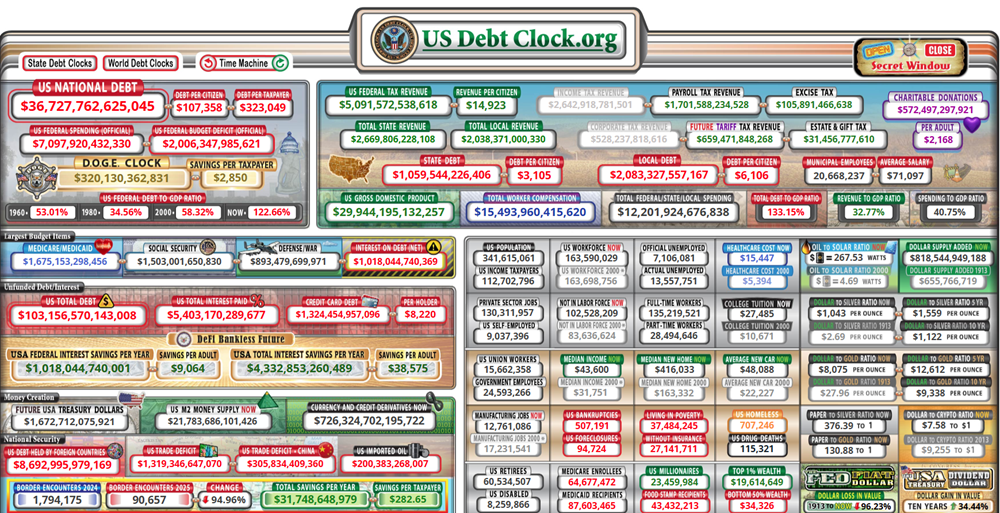


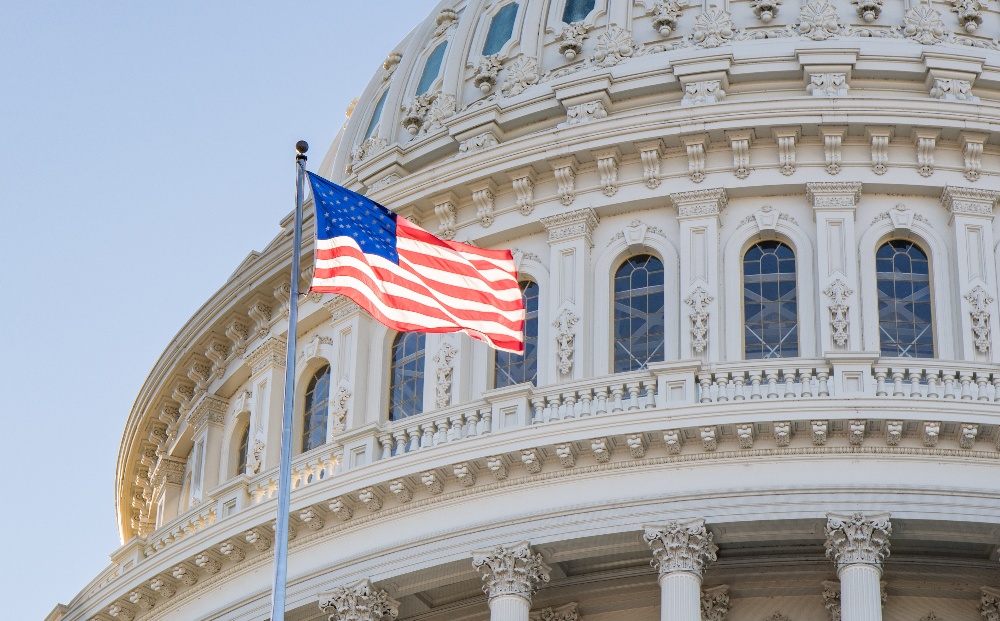
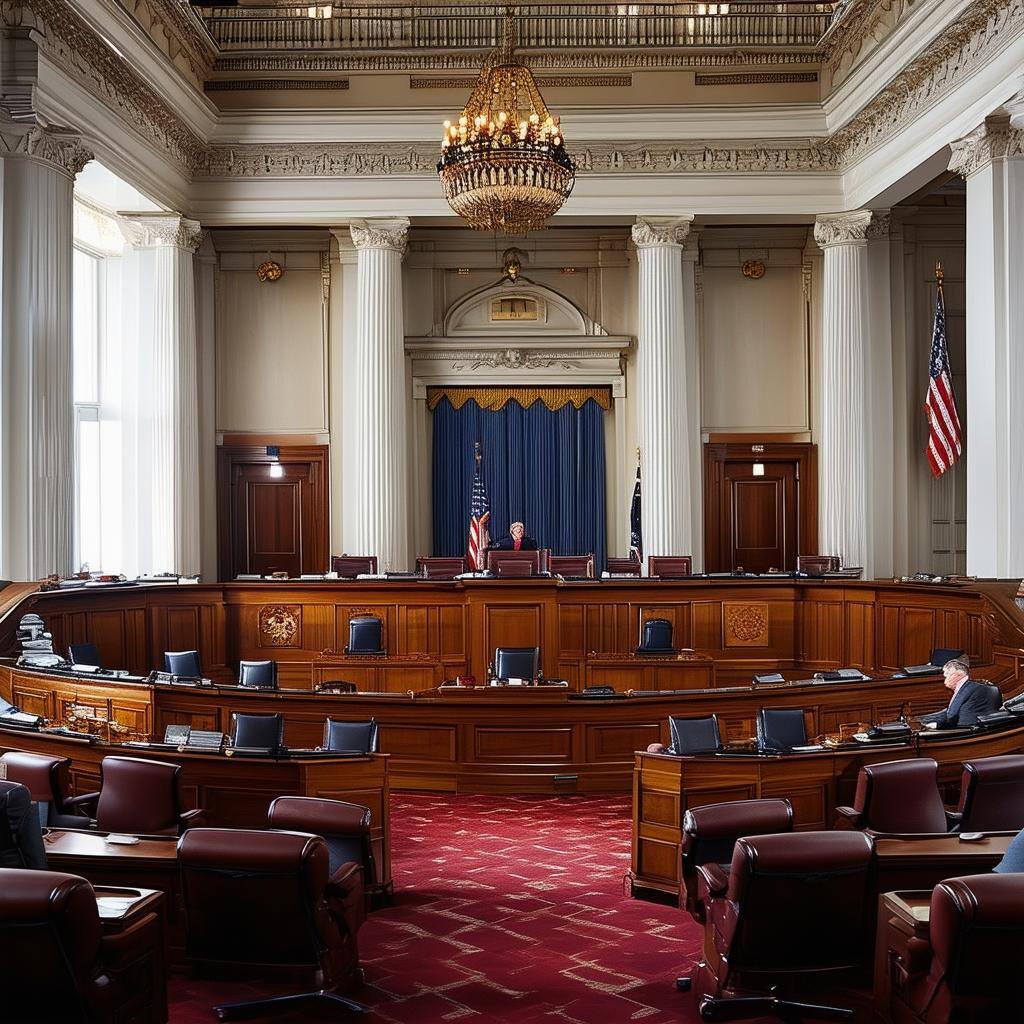

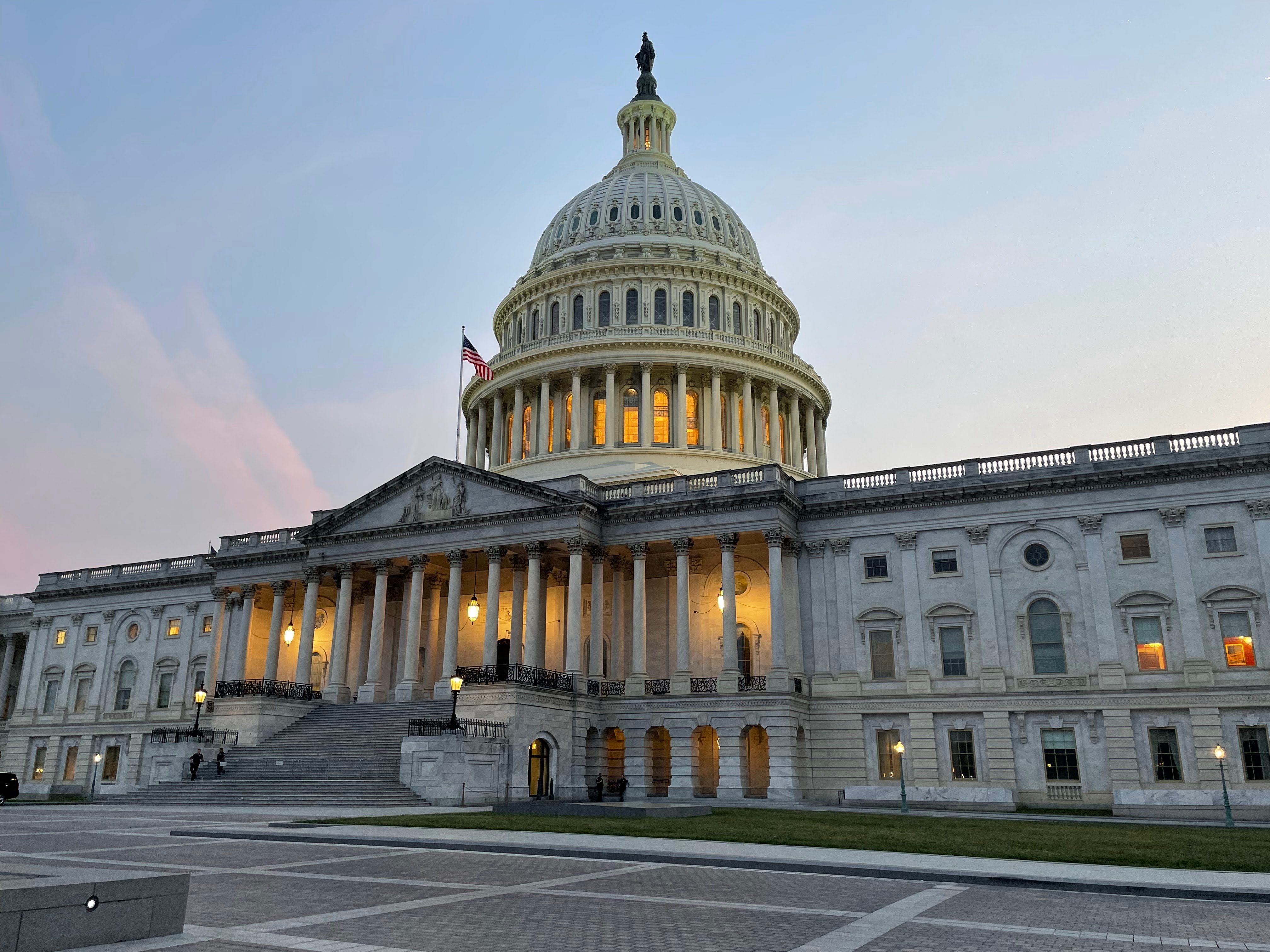
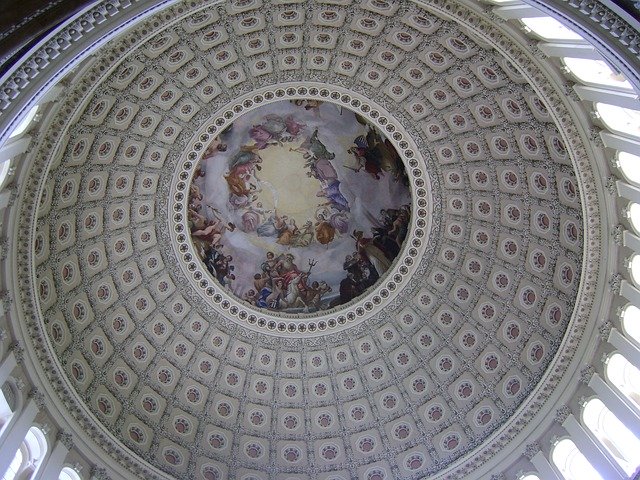




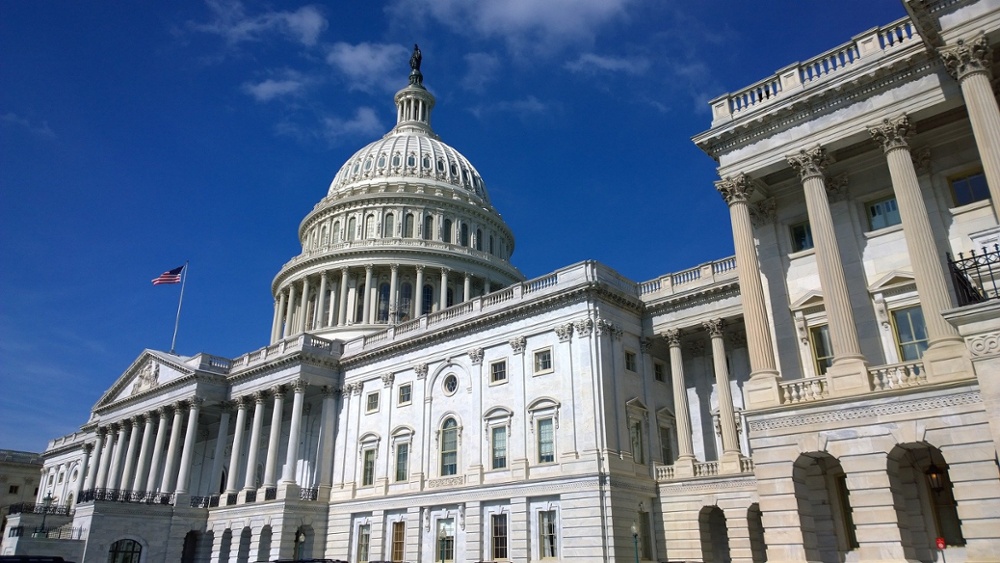

.png?width=600&height=90&name=Support%20IFAPAC%20%20(600%20%C3%97%2090%20px).png)
